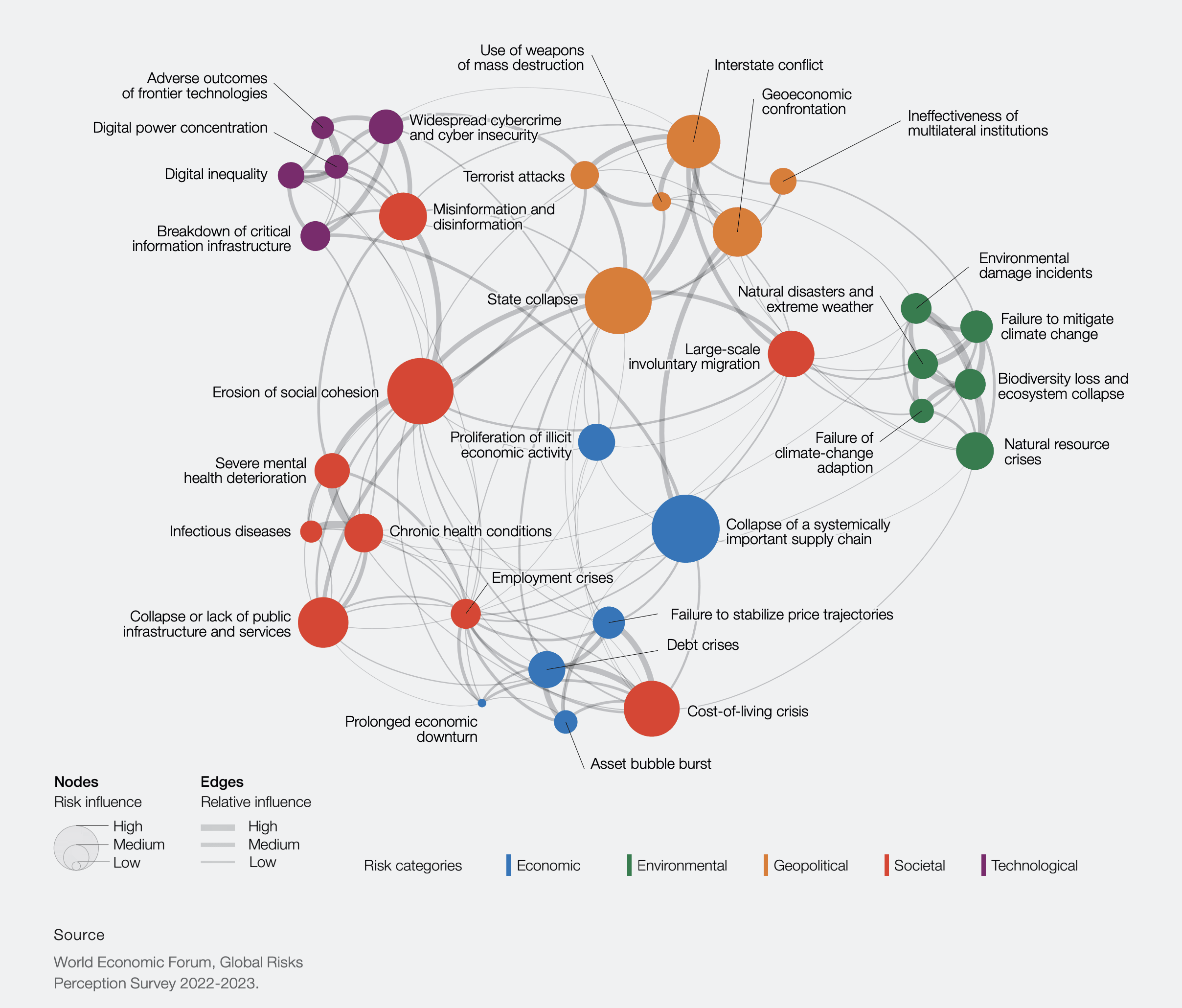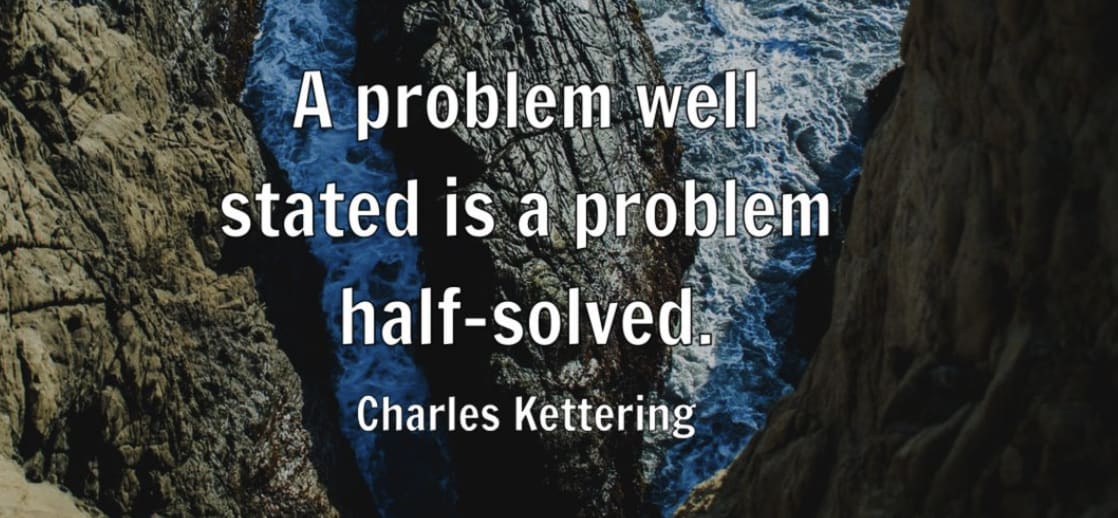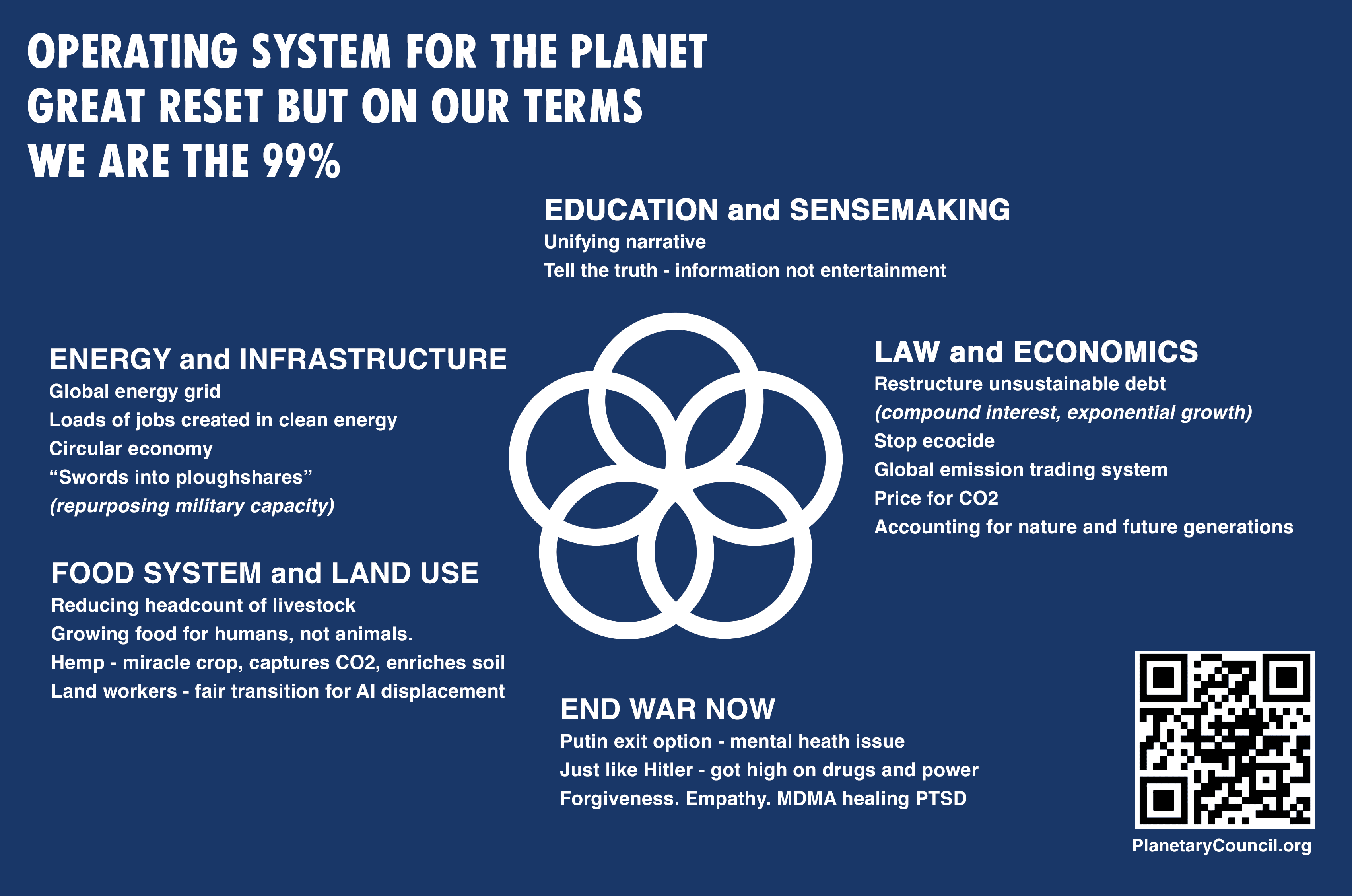I am currently engaging more with the content produced by Daniel Schmachtenberger and the Consilience Project and slightly wondering why the EA community is not really engaging with this kind of work focused on the metacrisis, which is a term that alludes to the overlapping and interconnected nature of the multiple global crises that our nascent planetary culture faces. The core proposition is that we cannot get to a resilient civilization if we do not understand and address the underlying drivers that lead to global crises emerging in the first place. This work is overtly focused on addressing existential risk and Daniel Schmachtenberger has become quite a popular figure in the youtube and podcast sphere (e.g., see him speak at Norrsken). Thus, I am sure people should have come across this work. Still, I find basically no or only marginally related discussion of this work in this forum (see results of some searches below), which surprises me.
What is your best explanation of why this is the case? Are the arguments so flawed that it is not worth engaging with this content? Do we expect "them" to come to "us" before we engage with the content openly? Does the content not resonate well enough with the "techno utopian approach" that some say is the EA mainstream way of thinking and, thus, other perspectives are simply neglected? Or am I simply the first to notice, be confused, and care enough about this to start investigate this?
Bonus Question: Do you think that we should engage more with the ongoing work around the metacrisis?
Related content in the EA forum
- Systemic Cascading Risks: Relevance in Longtermism & Value Lock-In
- Interrelatedness of x-risks and systemic fragilities
- Defining Meta Existential Risk
- An entire category of risks is undervalued by EA
- Corporate Global Catastrophic Risks (C-GCRs)
- Effective Altruism Risks Perpetuating a Harmful Worldview




I watched most of a youtube video on this topic to see what it's about.
I think I agree that "coordination problems are the biggest issue that's facing us" is an underrated perspective. I see it as a reason for less optimism about the future.
The term "crisis" (in "metacrisis") makes it sound like it's something new and acute, but it seems that we've had coordination problems for all of history. Though maybe their effects are getting worse because of accelerating technological progress?
In any case, in the video I watched, Schmachtenberger mentioned the saying, "If you understand a problem, you're halfway there toward solving it." (Not sure that was the exact wording, but something like that.) Unfortunately, I don't think the saying holds here. I feel quite pessimistic about changing the dynamics about why earth is so unlike Yudkwosky's "dath ilan." Maybe I stopped the Schmachtenberger video before he got to the solution proposals (but I feel like if he had great solution proposals, he should lead with those). In my view, the catch-22 is that you need well-functioning (and sane and compassionate) groups/companies/institutions/government branches to "reform" anything, which is challenging when your problem is that groups/companies/institutions/government branches don't work well (or aren't sane or compassionate).
I didn't watch the entire video by Schmachtenberger, but I got a sense that he thinks something like, "If we can change societal incentives, we can address the metacrisis." Unfortunately, I think this is extremely hard – it's swimming upstream, and even if we were able to change some societal incentives, they'd at best go from "vastly suboptimal" to "still pretty suboptimal." (I think it would require god-like technology to create anything close to optimal social incentives.)
Of course, that doesn't mean making things better is not worth trying. If I had longer AI timelines, I would probably think of this as the top priority. (Accordingly, I think it's weird that this isn't on the radar of more EAs, since many EAs have longer timelines than me?)
My approach is mostly taking for granted that large parts of the world are broken, so I recommend working with the groups/companies/institutions/government branches that still function, expanding existing pockets of sanity and creating new ones.
Of course, if someone had an idea for changing the way people consume news, or making a better version of social media, trying to create more of a shared reality and shared priority about what matters in the world, improving public discourse, I'd be like "this is very much worth trying!." But it seems challenging to compete for attention against clickbait and outrage amplification machinery.
EA already has the cause area "improving institutional decision-making." I think things like approval voting are cool and I like forecasting just like many EAs, but I'd probably place more of a focus on "expanding pockets of sanity" or "building new pockets of sanity from scratch." "Improving" suggests that things are gradual. My cognitive style might be biased towards black-and-white thinking, but to me it really feels like a lot of institutions/groups/companies/government branches mostly fall into two types, "dysfunctional" and "please give us more of that." It's pointless to try to improve the ones with dysfunctional leadership or culture (instead, those have to be reformed or you have to work without them). Focus on what works and create more of it.
Thank you for engaging with the content in a meaningful way and also taking the time to write up your experience. This answer was particularly helpful for me to get the sense that a) there is a productive way that more discussion can be had on this topic and b) some ideas for how this might be framed. So thank you very much!